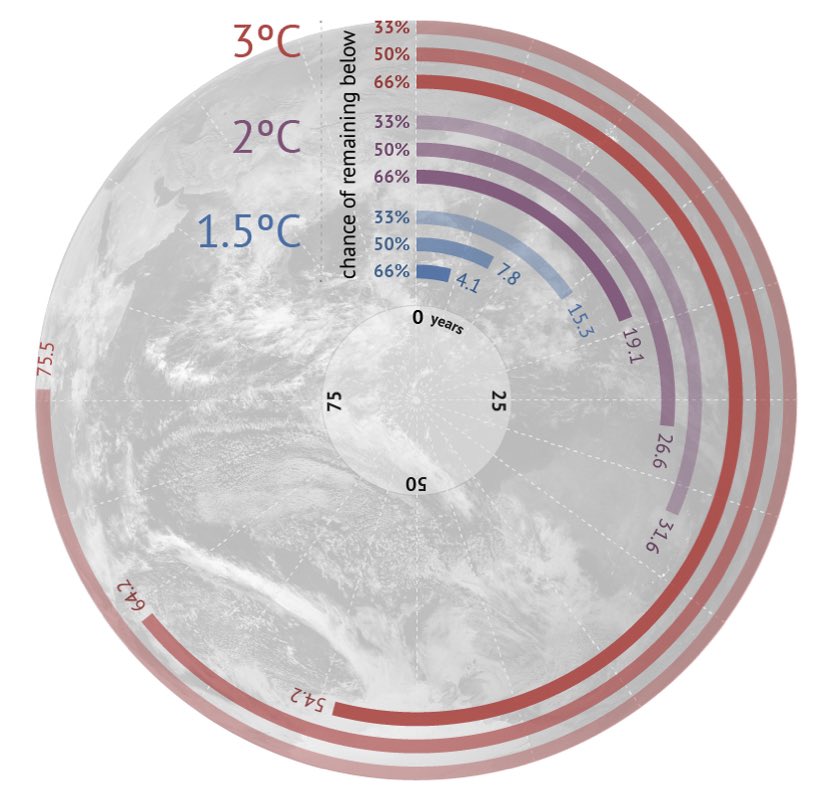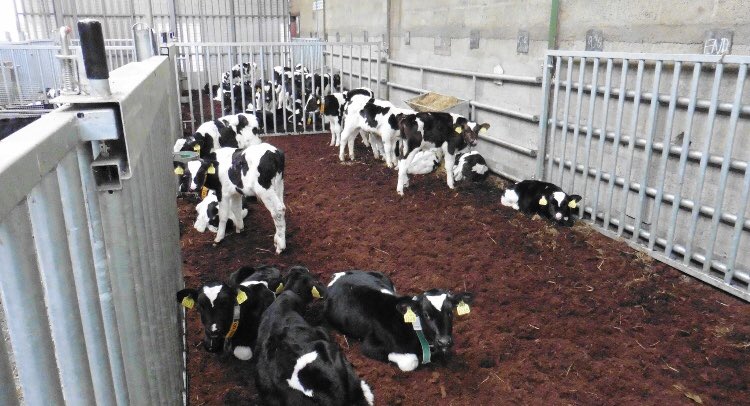
We call upon the Irish Government to #stopCETA!
CETA could devastate efforts to enact progressive legislation on housing, health, labour, env & climate.
🇮🇪 is not obliged to ratify CETA and there is no compelling rationale in favour of doing so! 🧵
businesspost.ie/legal/comment-…
CETA could devastate efforts to enact progressive legislation on housing, health, labour, env & climate.
🇮🇪 is not obliged to ratify CETA and there is no compelling rationale in favour of doing so! 🧵
businesspost.ie/legal/comment-…

The trade related chapters of CETA were ratified by the European Parliament in 2017.
The investment chapter of CETA [allowing companies to sue countries] will only come into effect if the agreement is ratified by all 27 EU member states - including Ireland.
The investment chapter of CETA [allowing companies to sue countries] will only come into effect if the agreement is ratified by all 27 EU member states - including Ireland.
The ratification of CETA (i.e. the investment chapters of the agreement) could enable corporations to try to sue governments under a special "Investor Court System" (ICS) - a mechanism that would bypass our own domestic and EU Courts.
Canadian companies, or companies with 🇨🇦 subsidiaries (i.e. *many* US companies), could try to sue 🇮🇪 through CETA's ICS mechanism for changes in our housing, health, labour, environmental & climate legislation - on the grounds that it might impact their future profits.
Prof. John Sweeney explains that the threat of legal action alone leads to "Regulatory Chill."
"Fear of such claims arising would act to inhibit the state from imposing what citizens might consider appropriate future regulatory mechanisms in key areas."
foe.ie/blog/2020/12/1…
"Fear of such claims arising would act to inhibit the state from imposing what citizens might consider appropriate future regulatory mechanisms in key areas."
foe.ie/blog/2020/12/1…
In other words, if CETA were ratified, the Irish Government might not pass progressive legislation on climate change, workers' rights, health care or social protection for fear of being sued.
What might this mean in practice?
What might this mean in practice?
#Housing: As noted in @sli_eile_ webinar, 🇮🇪's biggest landlord is 🇨🇦 company, "Irish Residential Properties Reit" (IRES)
If 🇮🇪 were to enact legislation which could impact landlords (eg laws to prevent rent ⬆️), IRES could try to sue 🇮🇪 for compensation
If 🇮🇪 were to enact legislation which could impact landlords (eg laws to prevent rent ⬆️), IRES could try to sue 🇮🇪 for compensation
#Health: Colombia declared a $$ cancer drug a "medicine of public interest" in an effort to⬇️costs of the💊
Novartis, who held a monopoly over the💊 threatened to sue 🇨🇴 in an arbitration investment tribunal.
🇨🇴 dropped plans to break up their monopoly.
foei.org/wp-content/upl…
Novartis, who held a monopoly over the💊 threatened to sue 🇨🇴 in an arbitration investment tribunal.
🇨🇴 dropped plans to break up their monopoly.
foei.org/wp-content/upl…

#WorkersRights: French multinational, Veolia, claimed $174 million in compensation against Egypt through an Investor State Dispute settlement when Egypt raised its minimum wage.
Veolia eventually lost - after 6 years and millions spent in costs by Egypt.
isds.bilaterals.org/?veolia-loses-…
Veolia eventually lost - after 6 years and millions spent in costs by Egypt.
isds.bilaterals.org/?veolia-loses-…
#Environment: many Canadian companies are already mining or prospecting for minerals in Connemara and Co. Clare.
Mining has devastating impacts on wildlife & public health. If CETA is ratified, the Irish govt may not intervene for fear of an expensive lawsuit.
Mining has devastating impacts on wildlife & public health. If CETA is ratified, the Irish govt may not intervene for fear of an expensive lawsuit.
#ClimateChange: in Ireland, the smoky coal ban and the repurposing of the oil levy to fund climate action have both been significantly delayed as a result of legal threats.
irishtimes.com/news/environme…
irishtimes.com/news/environme…
irishtimes.com/news/environme…
irishtimes.com/news/environme…
What about EU law?
In 2019, the Court of Justice of the EU published an opinion confirming that CETA is compatible with a very narrow aspect of EU law.
However, the govt must look beyond what is legal to what is clearly desirable. There is nothing desirable about ICS!
In 2019, the Court of Justice of the EU published an opinion confirming that CETA is compatible with a very narrow aspect of EU law.
However, the govt must look beyond what is legal to what is clearly desirable. There is nothing desirable about ICS!
What about the Paris Agreement?
CETA refers to the PA but offers no legal guarantee that companies won't take legal action against countries for implementing the PA.
It would be up to the tribunal of the Investor Court to decide how relevant the PA is.
irishexaminer.com/opinion/commen…
CETA refers to the PA but offers no legal guarantee that companies won't take legal action against countries for implementing the PA.
It would be up to the tribunal of the Investor Court to decide how relevant the PA is.
irishexaminer.com/opinion/commen…
Is CETA's Investor Court System really something to worry about?
YES!
As of 2018, govts had paid out $88 billion to corporations resulting from investor court rulings.
10isdsstories.org/isds-primer/
YES!
As of 2018, govts had paid out $88 billion to corporations resulting from investor court rulings.
10isdsstories.org/isds-primer/
Can governments sue corporations through CETA's Investor Court System?
NO!
ICS is a one-way judicial system that could enable companies to try to pursue lawsuits against states to protect their profits.
States cannot hold companies accountable through these courts.
NO!
ICS is a one-way judicial system that could enable companies to try to pursue lawsuits against states to protect their profits.
States cannot hold companies accountable through these courts.
Is Ireland obliged to ratify CETA?
NO!
While in opposition @EamonRyan said CETA would "give big business power over governments and our courts and that the deal offers no certainty of protection of environmental rights."
greennews.ie/opposition-pol…
NO!
While in opposition @EamonRyan said CETA would "give big business power over governments and our courts and that the deal offers no certainty of protection of environmental rights."
greennews.ie/opposition-pol…
Since entering govt, @EamonRyan has changed his position, citing [developments such as] the opinion of the Court of Justice of the EU & CETA's nod to the Paris Agreement. He said he would be urging @greenparty_ie TDs & members to change their minds.
independent.ie/irish-news/pol…
independent.ie/irish-news/pol…
There is no compelling argument to ratify CETA. We call upon the Irish Government - @FineGael @fiannafailparty - but especially the @greenparty_ie who campaigned so passionately against CETA while in opposition: #stopCETA!!
Full list of sources & more info at the link in bio.
Full list of sources & more info at the link in bio.

• • •
Missing some Tweet in this thread? You can try to
force a refresh










